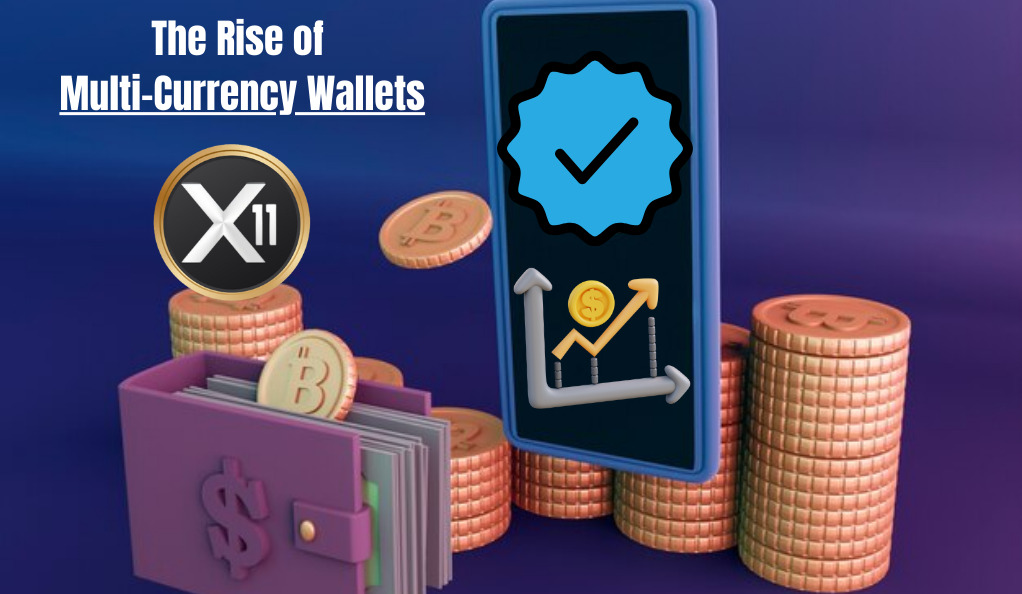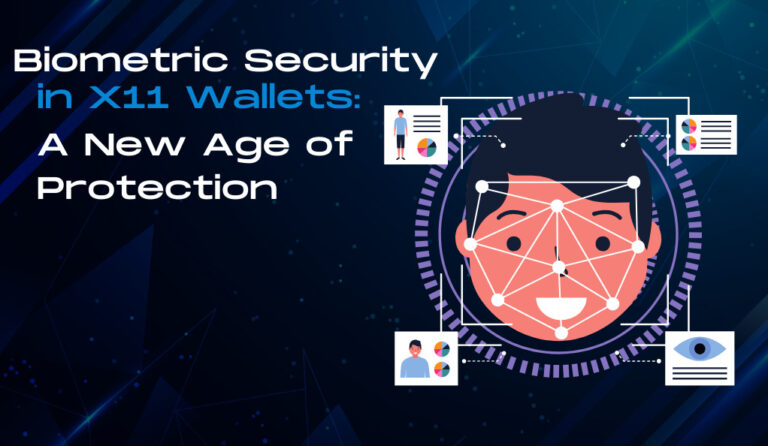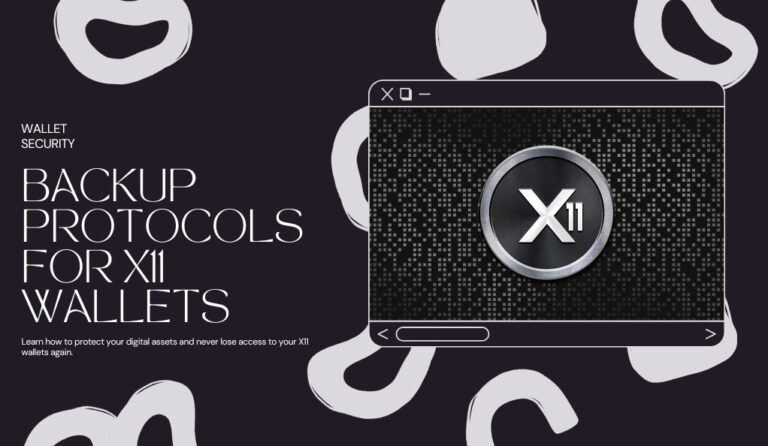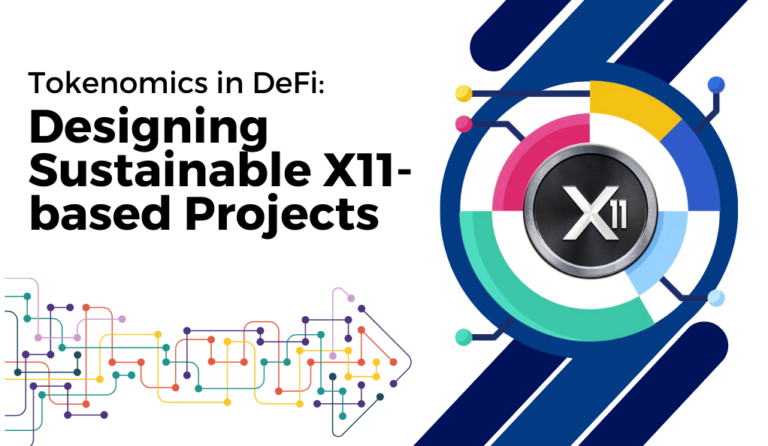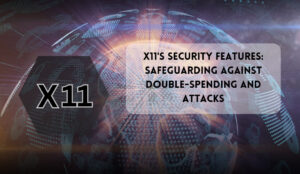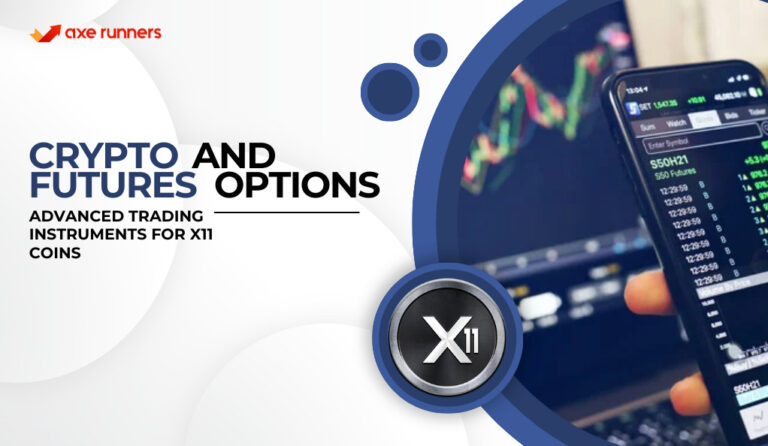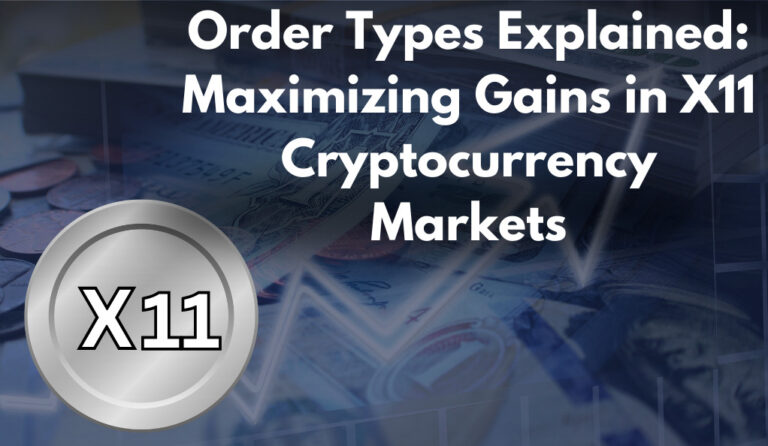The world of cryptocurrencies has witnessed a meteoric rise since the inception of Bitcoin in 2009. As the digital currency ecosystem expanded, the need for secure and user-friendly storage solutions became paramount. Enter cryptocurrency wallets: digital tools designed to store, send, and receive cryptocurrencies. Over time, as more cryptocurrencies emerged, the demand for a unified platform to manage multiple coins grew, leading to the development of multi-currency wallets.
A Glimpse into the Past
In the early days of cryptocurrencies, each coin typically had its dedicated wallet. Bitcoin had its Bitcoin wallet, Ethereum had its Ethereum wallet, and so on. Users had to juggle multiple wallets if they held different cryptocurrencies, leading to a cluttered and often confusing user experience. Remembering multiple passwords, managing different backup phrases, and ensuring the security of each wallet became a cumbersome task.
The Emergence of Multi-Currency Wallets
Recognizing the challenges faced by users, developers began to conceptualize wallets that could support multiple cryptocurrencies. The idea was simple: one platform where users could store, manage, and transact various cryptocurrencies without the need to switch between different wallets. This not only streamlined the user experience but also offered a consolidated view of one’s entire cryptocurrency portfolio.
Why Multi-Currency Wallets Matter
The significance of multi-currency wallets extends beyond mere convenience. They represent a shift towards a more integrated and interconnected digital currency ecosystem. As the lines between different cryptocurrencies blur, users no longer see themselves as just ‘Bitcoin holders’ or ‘Ethereum enthusiasts’. They are cryptocurrency investors, traders, and users who want flexibility and ease of access. Multi-currency wallets cater to this new breed of cryptocurrency enthusiasts, offering a unified platform that aligns with the ethos of decentralization and user empowerment.
What is a Multi-Currency Wallet?
A multi-currency wallet, as the name suggests, is a digital tool designed to manage multiple types of cryptocurrencies within a single platform. Unlike traditional wallets that were restricted to a specific cryptocurrency, multi-currency wallets offer a broader spectrum of support, catering to both popular and lesser-known coins.
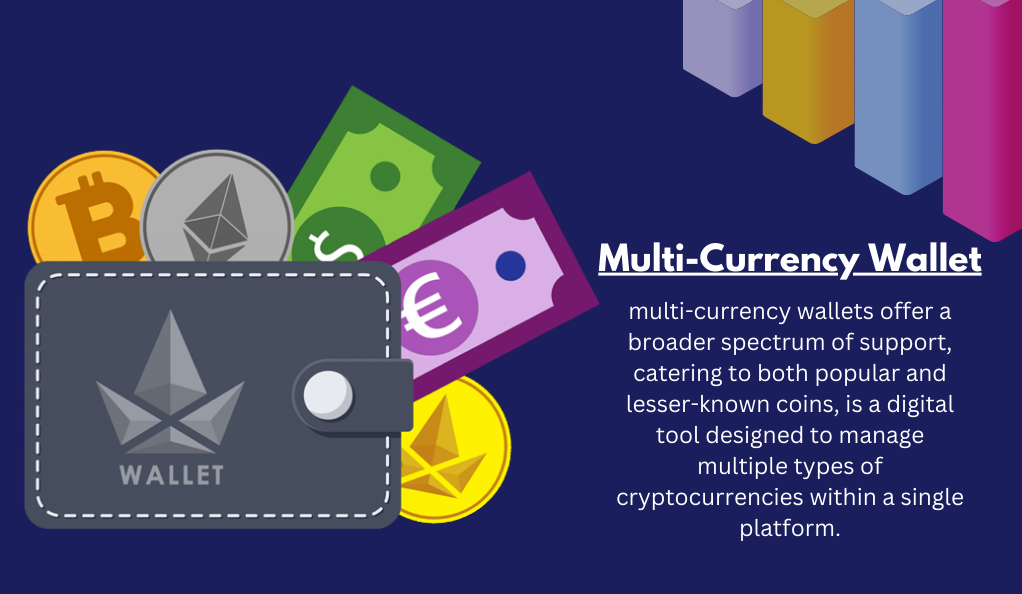
Core Functionalities
At its core, a multi-currency wallet provides the following functionalities:
- Storage: Safely store various cryptocurrencies, ensuring that the private keys (cryptographic keys unique to each user) are secure.
- Transactions: Send and receive multiple types of cryptocurrencies with ease.
- Exchange: Some advanced wallets offer built-in exchange features, allowing users to convert one cryptocurrency to another without leaving the wallet interface.
- Portfolio Management: Get a consolidated view of all holdings, track the value of each cryptocurrency, and monitor the overall portfolio’s performance.
The Convenience Factor
The primary appeal of multi-currency wallets lies in their convenience. Imagine the hassle of managing separate wallets for Bitcoin, Ethereum, Ripple, Litecoin, and other altcoins. Each wallet would have its interface, security protocols, backup mechanisms, and updates. With a multi-currency wallet, this fragmented experience is unified. Users can manage their diverse cryptocurrency portfolio from a single platform, making the process more streamlined and efficient.
Broadening Horizons
Multi-currency wallets also play a crucial role in introducing users to new and emerging cryptocurrencies. With the crypto landscape continually evolving, new coins and tokens are regularly introduced. Having a wallet that can easily integrate and support these new additions allows users to diversify their investments and explore new opportunities in the crypto space.
Types of Multi-Currency Wallets
The world of multi-currency wallets is diverse, with each type catering to different user needs and preferences. Here’s a breakdown of the various types available:
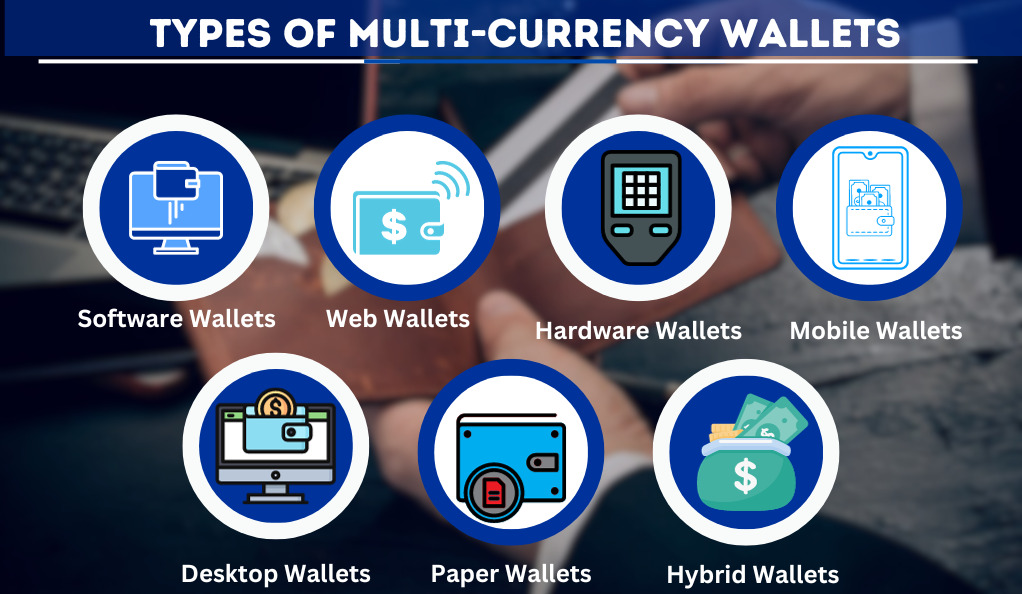
- Software Wallets: Digital applications installed on a computer or mobile device. They offer the flexibility of managing multiple cryptocurrencies from a single interface. Examples include Exodus and Atomic Wallet.
- Online/Web Wallets: Accessible via a browser, these wallets offer the convenience of accessing your cryptocurrencies from any device with an internet connection. However, they might be considered less secure than other options due to potential vulnerabilities on the web. MyEtherWallet is a popular example.
- Hardware Wallets: Physical devices that store cryptocurrencies offline. They are considered one of the most secure options since they are immune to online hacking attempts. Ledger Nano S and Trezor are leading examples.
- Mobile Wallets: Designed for on-the-go access, these wallets are installed on smartphones, offering a balance between convenience and security. Trust Wallet and Jaxx Liberty are notable mentions.
- Desktop Wallets: Installed directly on a computer, they offer a higher level of security compared to web wallets since they don’t rely on external servers. Electrum is a well-known desktop wallet.
- Paper Wallets: As the name suggests, these are physical pieces of paper containing the public and private keys of a cryptocurrency. They are an offline storage method and require careful handling to ensure they don’t get lost or damaged.
- Hybrid Wallets: Combining features from various wallet types, hybrid wallets offer a mix of convenience and security. Some might integrate both software and hardware features for a more versatile experience.
Benefits of Using a Multi-Currency Wallet
The adoption of multi-currency wallets has surged in recent years, and for good reasons. These wallets offer a plethora of advantages that cater to both novice and seasoned cryptocurrency enthusiasts.
Centralized Management of Diverse Cryptocurrencies
With the ever-growing list of cryptocurrencies available, keeping track of individual assets can be daunting. Multi-currency wallets simplify this by providing a unified platform where users can view and manage their entire portfolio. This centralized approach eliminates the need to switch between different wallets, making portfolio management more efficient.
Efficient Transaction Processing
Sending and receiving multiple cryptocurrencies becomes a breeze with multi-currency wallets. Whether you’re transferring Bitcoin, Ethereum, or any other supported coin, the process is streamlined and consistent, reducing the learning curve for users new to different cryptocurrencies.
Opportunities for Diversification
Diversification is a cornerstone of investment strategy. With multi-currency wallets, users can easily diversify their holdings across various cryptocurrencies. This not only spreads the risk but also provides opportunities to capitalize on the growth potential of emerging coins.
Built-in Currency Conversion Features
Some multi-currency wallets come equipped with integrated exchange features. This means users can seamlessly convert one cryptocurrency to another right within the wallet, eliminating the need to transfer funds to external exchanges. Such functionality not only saves time but also reduces transaction fees.
Enhanced User Experience
Gone are the days of clunky, hard-to-navigate cryptocurrency wallets. Modern multi-currency wallets prioritize user experience, offering intuitive interfaces, easy-to-understand analytics, and a plethora of features tailored to cater to both beginners and experts.
Security Concerns and Measures
While multi-currency wallets offer numerous benefits, it’s essential to be aware of potential security risks and the measures in place to mitigate them.
Common Security Risks
- Phishing Attacks: Cybercriminals often create fake wallet websites or apps to trick users into revealing their private keys or other sensitive information.
- Malware: Malicious software can compromise the security of a wallet, leading to unauthorized transactions or theft of funds.
- Keyloggers: These are programs that record keystrokes, potentially capturing wallet passwords or other critical data.
Importance of Secure Storage and Encryption
A robust multi-currency wallet will employ advanced encryption techniques to protect user data and funds. Encryption transforms wallet data into a code, preventing unauthorized access. Additionally, many wallets offer secure storage options, ensuring that private keys remain inaccessible to potential intruders.
The Role of Cold Storage and Two-Factor Authentication
Cold storage refers to keeping a reserve of cryptocurrencies offline, making them immune to online hacking attempts. Many multi-currency wallets support cold storage options, providing an added layer of security. Two-factor authentication (2FA) is another critical security feature. It requires users to provide two forms of identification before accessing their wallet, typically a password and a verification code sent to a trusted device.
The X11 Algorithm and Its Coins
The cryptocurrency landscape is vast, with various algorithms underpinning different coins. One such algorithm that has garnered attention is the X11 algorithm.
Understanding the X11 Algorithm
X11 is a unique proof-of-work algorithm that uses a sequence of eleven scientific hashing functions. This multi-hash approach makes it one of the most advanced and secure algorithms in the cryptocurrency space. Designed by Evan Duffield, the creator of Dash (formerly known as Darkcoin), X11 was introduced to combat the monopolization of mining by ASIC hardware, ensuring a more decentralized mining process.
Popular Coins Using the X11 Algorithm
- Dash: Originally known as Darkcoin, Dash is the most well-known cryptocurrency utilizing the X11 algorithm. It offers features like InstantSend and PrivateSend, emphasizing both speed and privacy.
- CannabisCoin: A coin tailored for the cannabis industry, aiming to simplify transactions within this sector.
- StartCoin: A digital currency that focuses on crowdfunding, allowing users to support and fund projects they believe in.
Unique Features and Security Measures of X11 Coins
The multi-hash approach of the X11 algorithm offers enhanced security. By using eleven different hashing functions, it becomes significantly more challenging for attackers to use malicious tactics like the 51% attack. Additionally, the X11 algorithm is known for its energy efficiency, making it more environmentally friendly compared to algorithms like SHA-256 used by Bitcoin.
Suitability of Multi-Currency Wallets for X11 Coins
With the growing popularity of X11 coins, especially Dash, the question arises: How compatible are these coins with multi-currency wallets?

Compatibility Considerations
Most leading multi-currency wallets have integrated support for popular X11 coins, especially Dash. However, for lesser-known X11 coins, users might need to check the wallet’s supported coin list or consider specialized wallets tailored for those coins.
Security Implications
Given the enhanced security features of the X11 algorithm, it’s crucial for multi-currency wallets to maintain these security standards. Wallets should offer robust encryption and protection mechanisms to ensure the safety of X11 coins.
User Experience and Convenience Factors
The primary appeal of multi-currency wallets is their convenience. For X11 coin holders, this means easy access to their assets, seamless transactions, and the ability to manage their X11 coins alongside other cryptocurrencies. A good multi-currency wallet will offer a seamless experience for X11 coin users, with intuitive features tailored to the unique attributes of these coins.
Conclusion
The world of cryptocurrencies is dynamic, with innovations like multi-currency wallets and advanced algorithms like X11 shaping the future. As the lines between different cryptocurrencies continue to blur, the need for unified platforms like multi-currency wallets becomes even more pronounced. For enthusiasts of X11 coins, the future looks promising, with increased support and integration into these wallets. As always, users should prioritize security, conduct thorough research, and choose platforms that align with their needs and values.
At axerunners.com, our goal is to furnish well-rounded and trustworthy information regarding cryptocurrency, finance, trading, and stocks. Nonetheless, we avoid providing financial advice and instead encourage users to conduct their own research and meticulous verification.
Read More
